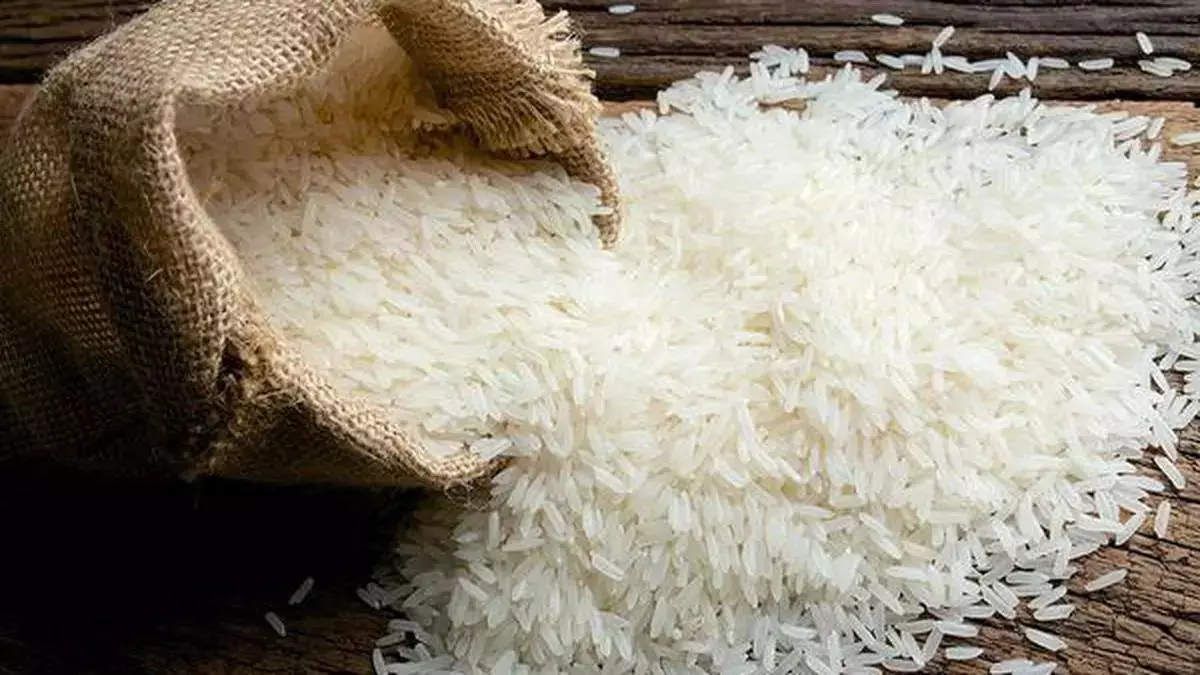The Ministry of Finance has taken a significant step to address the surging prices and preserve rice stocks in India. In a recent notification, the government imposed a 20% export duty on parboiled rice, effective immediately. This export duty comes as a measure to regulate the outflow of rice from the country and ensure adequate domestic availability. The decision aims to curb the rising prices of parboiled rice and limit its export, helping to stabilize the market and safeguard national stocks.
The export duty on parboiled rice will remain in force until October 15, as per the notification. The government hopes that this step will discourage excessive rice exports during this period, allowing for a better balance between domestic consumption and exports. By implementing this measure, the Ministry of Finance expects to prevent an acute shortage of parboiled rice in the country and ensure its availability for domestic consumption at reasonable prices.
The imposition of the export duty is also intended to address concerns related to inflation. By limiting the outflow of rice, the government aims to mitigate the impact of rising prices on consumers. This move will help stabilize the market and bring relief to consumers by curbing any further increase in the price of parboiled rice. It is part of the government’s broader efforts to manage inflationary pressures and protect the interests of consumers.
Parboiled rice plays a crucial role in India’s agricultural sector, and its export has been a subject of concern due to the recent increase in prices. The imposition of the export duty acts as a deterrent, encouraging a balanced approach between domestic consumption and export. It is expected to safeguard national stocks and prevent any shortage of parboiled rice in the country.
This decision by the Ministry of Finance comes as India seeks to maintain an optimum level of rice availability within its borders. The export duty on parboiled rice demonstrates the government’s commitment to managing prices and balancing the needs of domestic consumers and international markets. By regulating the export of parboiled rice, the government aims to stabilize prices and ensure the availability of this essential commodity for its citizens.
In conclusion, the Ministry of Finance’s imposition of a 20% export duty on parboiled rice is a significant step to control rising prices and manage domestic stocks. This move is expected to strike a balance between the demands of international markets and the needs of Indian consumers. By limiting rice exports, the government aims to stabilize prices and mitigate the impact of inflation on consumers. This measure also safeguards national stocks and ensures the availability of parboiled rice for the domestic market. The export duty will remain in force until October 15, during which the government expects to achieve a better equilibrium between domestic consumption and exports.











